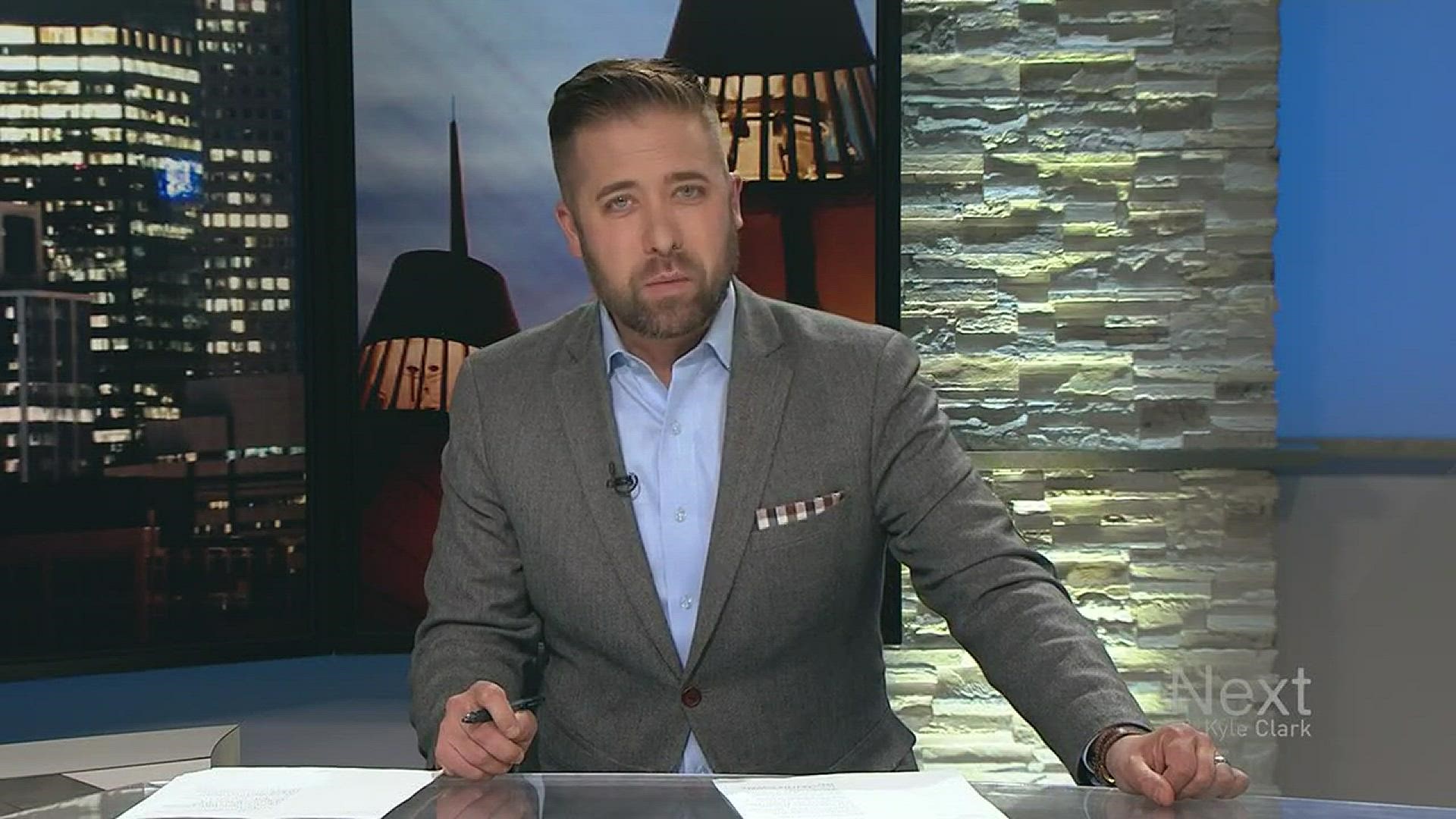The head of RTD is heading to Washington, D.C. to meet with federal regulators over the crossing gate concerns on the A and G Lines.
The Federal Railroad Administration has threatened to revoke the waiver that allows the A Line to run with passengers, unless RTD can get the crossing gates to come down at a consistent time, every time.
"I will be going to FRA headquarters on Thursday, along with some members of the (Denver Transit Partners) team, and we'll be meeting with the FRA to, kind of, talk through the plan a little bit," said RTD General Manager Dave Genova on Tuesday.
On Friday, RTD and DTP submitted a plan to the FRA, answering how it will address federal regulator concerns over the A Line crossing gates staying down for varied times.
RTD and DTP have consistently said that the A Line is safe for passengers who ride it, and that there are human variables that keep the crossing gates from being down prior to a train arriving, for the same number of seconds every time.
In its plan to the FRA, RTD admitted that the canopy at Union Station, as well as the tall buildings from development by Union Station are causing issues with the GPS, creating problems for the Positive Train Control, the safety system that RTD and DTP have been the first to build into a rail line from the ground up.
At a news conference on Tuesday, Next with Kyle Clark asked Genova if RTD ever had input into the development around Union Station, bringing up concerns that tall buildings might impact train operations.
"Not to my knowledge," said Genova.
Genova said that an average of 24,000 passengers per day rode the A Line in September. He also announced that the A Line would be expanding.
"RTD will be doubling -- will be doubling the capacity on the University of Colorado A Line beginning in January of 2019," said Genova.
That means instead of the two-car trains to and from DIA that the FRA is threatening to shut down, they will now be four-car trains that the FRA is threatening to shut down.
Genova's trip to D.C. will also include talks about the G Line, which was supposed to open for passenger service in Oct. 2016.
"We'll let you know right up front, I don't know the date of the opening of the G Line. It's priority number one around here. And I don't know the date of when we're going to get the quiet zones," said Genova. "We get questions around, 'Well, can you use a different horn? Could it be less loud?' And the answer to that is, no. Because we have to meet the decibel requirements in the FRA rules. It's not only about decibels, but also the way and the manner in which the horn is to be activated."
He said that when the G Line opens, it will open with quiet zones in place.
The news conference on Tuesday was a bit like MTV's The Real World. You know, "What happens when people stop being polite and start being real?" You see, DTP and RTD are suing each other, but they have to work together so that the FRA doesn't shut down the A Line, and in turn, the G Line.
In Denver district court documents, DTP has said that it is seeking $80 million from RTD. The lawsuit, however, does not detail how DTP came up with that $80 million total.
So, we asked John Thompson of Denver Transit Partners to explain what makes up the $80 million.
"The scope of today's -- this is a commercial matter between the two entities at the moment, that we're pursuing there, and that's not within the scope of what we brought you here today to talk about," said Thompson.
He said the breakdown of that amount would "come in due course."

